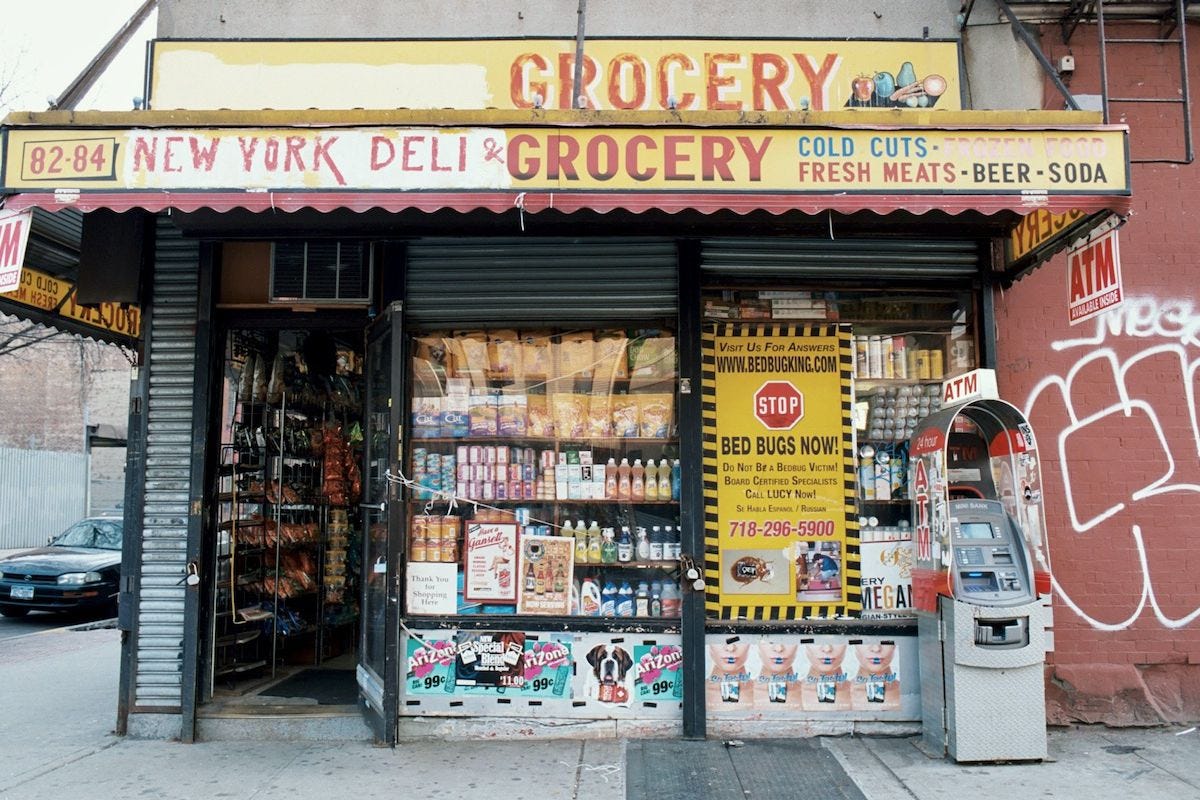What if the city’s solution to food injustice ends up hurting the very people it claims to help? That’s the question I keep coming back to as I watch Zohran Mamdani campaign for city-owned grocery stores. The idea sounds good. Prices are rising. People are struggling. Why not step in and offer food at cost, without the pressure of profit? But what’s missing from that equation is the cost to the small businesses that already serve these communities.
I’m talking about the bodegas. The corner shops. The family-run groceries owned by immigrants who built their lives around stocking shelves and feeding neighborhoods. If the city steps in and opens up subsidized, nonprofit grocery stores in the same areas, how are these people supposed to compete?
This isn’t just a thought experiment. Mamdani’s plan would create one city-run grocery store in each borough. They wouldn’t pay rent or property taxes. They’d get their food in bulk through a centralized city warehouse. Their overhead would be covered, at least in part, by the taxpayer. And they’d sell staples at cut-rate prices.
Now ask yourself what happens to the small shop down the street that’s barely breaking even already. What happens when customers start buying their milk and rice and eggs from the city store instead? This isn’t theoretical. It’s basic economics. Subsidized pricing distorts the market. It doesn’t just compete, it overwhelms.
And it sets a dangerous precedent. Once you normalize a publicly funded retail model that undercuts private enterprise, where do you stop? Is it just groceries? Or housing goods? Or medicine? I’m not against the idea of a public option. I’m against pretending it’s cost-free.
We’ve seen what happens when the state becomes the retailer. In early Israel, government-aligned food cooperatives like Tnuva started out as necessary responses to scarcity. But over time, they pushed out competition, narrowed consumer choice, and became bloated and inefficient. In the Soviet Union and Maoist China, state grocery systems promised equity and delivered rationing and shortages. Even today, you can look at Cuba or Venezuela to see how central control over food supply creates dependency and collapse.
I know New York isn’t Beijing in the 1960s. But politics has momentum. A program that starts as five stores can become fifteen. Then fifty. Then a structural shift no one voted on. I know you philosophy nerds out there will spot what looks like a slippery slope fallacy. And you’re not wrong to be cautious. But economic policy isn't just a line of logic — it’s a feedback loop. Political momentum, voter incentives, and bureaucratic inertia all play a role. This isn't abstract. Look at the U.S. ethanol subsidy program. It started as a small 1970s-era incentive to help corn farmers during the energy crisis. Decades later, it became a multi-billion dollar industry-distorting behemoth, locking in inefficiencies, crowding out better options, and becoming politically untouchable. What begins as a pilot can evolve into policy capture. And by then the damage is done.
Here’s a better way. Don’t undercut bodegas. Empower them. Expand EBT matching programs. Offer rent subsidies and low-interest loans to grocers who serve underserved areas. Support co-ops and nonprofits that are accountable to the communities they feed. Create shared infrastructure that lowers costs across the board. Let the city act as a backbone, not a bulldozer.
Yes, food deserts are real. Yes, grocery prices are too high. But a just solution builds capacity, it doesn’t erase it. New York thrives on plurality. That includes its food economy. Let’s not lose that in the name of fairness.
Let’s fix the system without flattening the New Yorkers already holding it together.





Ive already seen people saying that Mamdani's platform is too granular.
As someone who already buys some dried food in bulk, it'd be great to see it, and I also don't totally get how this solves the totality of food problem.